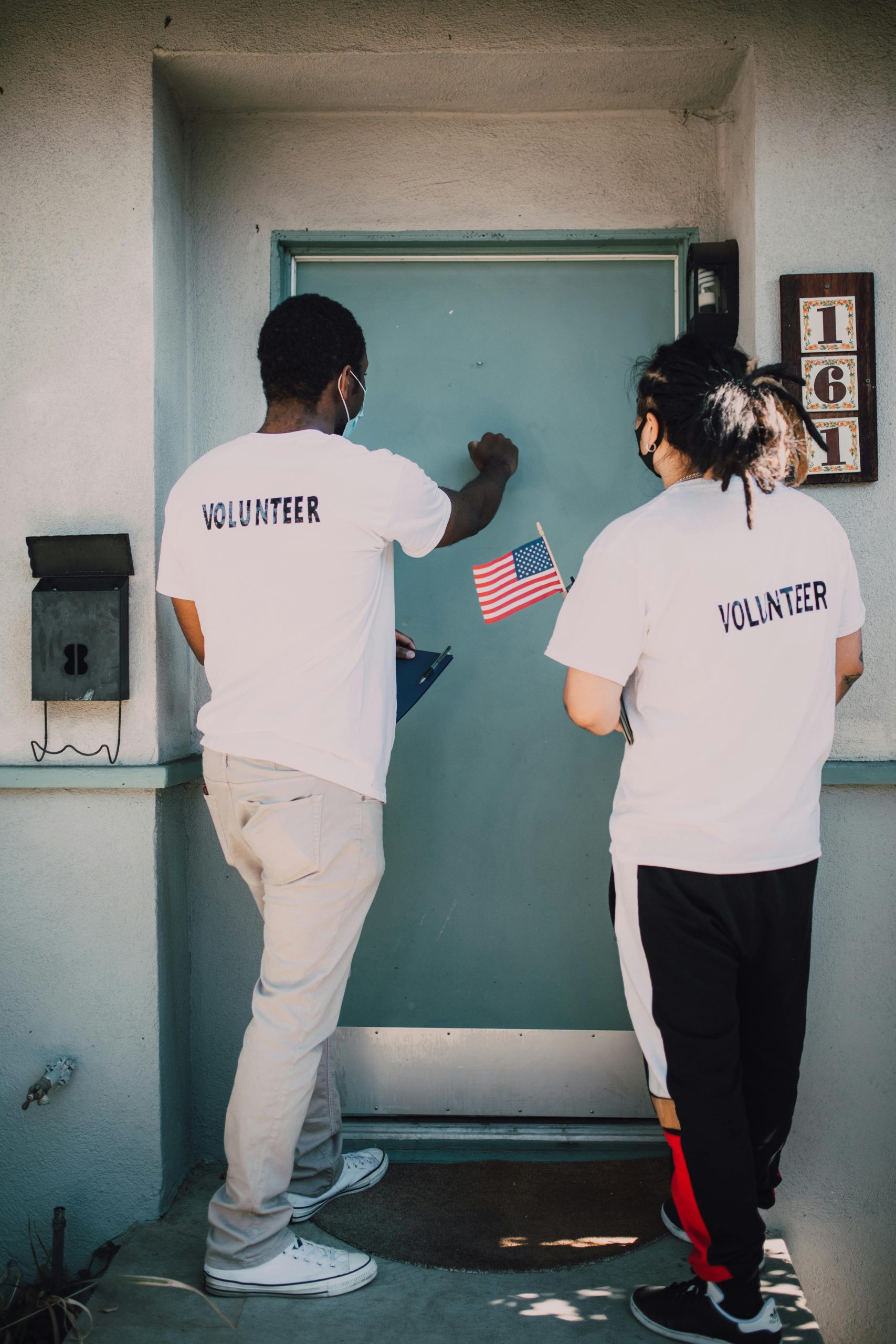Protecting Elderly Loved Ones from Unwanted Door-to-Door Solicitation
Living in a neighborhood with frequent doorstep charity representatives and salespeople can pose significant challenges, especially when elderly residents are involved. This issue is compounded when the individuals targeted have pre-existing vulnerabilities, such as anxiety or traumatic experiences, making them more susceptible to high-pressure solicitations.
Understanding the Impact on Vulnerable Seniors
For many seniors, unsolicited door-to-door visits from charities and sales personnel can be distressing. These encounters often lead to feelings of intimidation and discomfort, which can result in unintended financial commitments, such as donations or setting up regular payments. The emotional toll of these interactions underscores the need for effective preventive measures to ensure their peace and safety.
Practical Strategies to Alleviate the Problem
-
Clear Signage:
While your initial step of displaying a “No charities or salespeople” sign is commendable, it’s important to recognize that such signs are not always respected. Opt for highly visible, large, and clearly worded notices, possibly including “No Soliciting” symbols recognized universally. Consider placing signs on all entrances and at eye level. -
Local Regulations and Policies:
Many municipalities have ordinances regulating door-to-door solicitation. Contact your local government or homeowners’ association to inquire about specific rules or permits that charities and salespeople must adhere to. Sometimes, registering on a “No Soliciting” list or requesting permission notifications can help reduce unwanted visits. -
Communication with Local Authorities and Organisations:
Reach out to local law enforcement or community organizations to report persistent violations. They may conduct patrols or provide advice on additional protective measures. -
Engaging with Charitable Organizations:
Some charities respect “No Soliciting” requests and will honor them if properly communicated. Consider directly contacting organizations known for their integrity to inform them about your preferences and seek cooperation. -
Utilizing Technology and Physical Barriers:
Installing security cameras or doorbell cameras can deter unwelcome visitors, as they know they are being recorded. Additionally, using a doorbell intercom allows your grandparents to screen visitors without opening the door. -
Educational and Supportive Approaches:
Educate your grandparents about common charity scams and the importance of not feeling pressured into donations. Reassure them that they are protected and encouraged to refuse any request that makes them uncomfortable.
Community and Personal Support
Sharing your concerns with neighbors can
